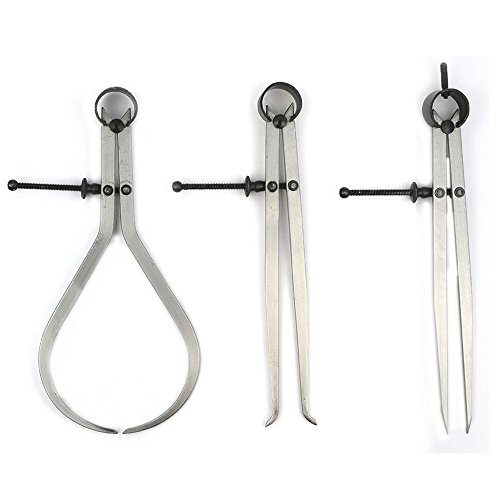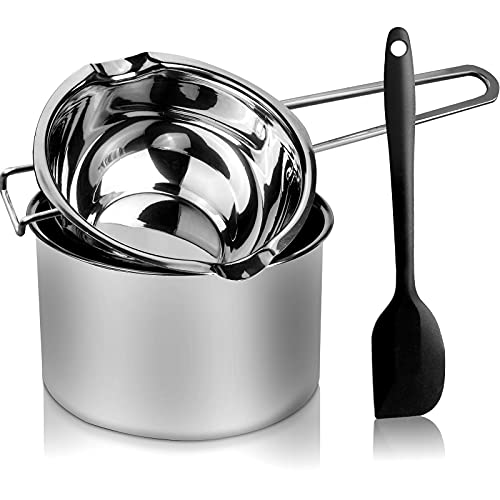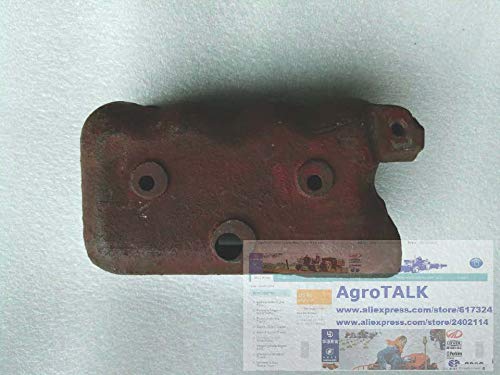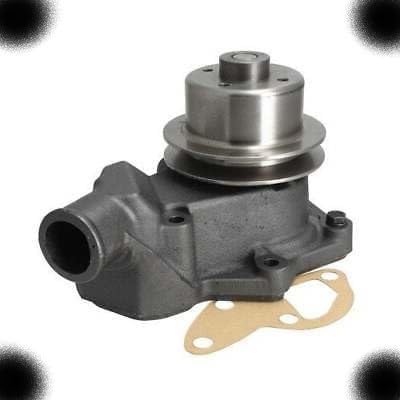As probably the guy Steve's referring to, perhaps I should explain myself.
My background is that I'm not a lawyer, but I have a patent under my name. That patent was assigned to my employer at the time per our employment agreement. I have also written a very large piece of electronic design software on my own (that is, at home) that I give away the executable form but not the source code. I want to keep the copyright so that someone else doesn't release it under their name.
What I was told was that patents and copyrights work essentially the same way. US patent/copyright law is based on harm to the patent/copyright holder, and that means taking sales away by selling copies. If I buy a book and want to copy it for my own use, I can do that as long as I never sell it to someone else. I've copied pages out of books to use in the shop so that when they get oil on them, my expensive book doesn't get damaged. I believe that's fully legal under "fair use".
When I copy a few pages out of a book I bought, have I hurt the company that holds the copyright? It's possible if I had my book in the shop, I might have damaged it and bought a second copy. I also might have said, "oh, well, now it has oil on it" and not replaced the book. Our legal system typically considers the losses from not selling a single copy to be negligible.
Since nobody is selling the prints now, how could copying them harm the copyright holder? There's a swamp of legalese between copyright holders dying, or going out of business or just being unidentifiable. This could be under the law of "
Orphan Works" or it could be that the copyright was assigned to someone and they aren't tracking use or don't care about it at all.
If someone knows if there's a copyright holder and if they intend to sell that to someone else, that would be a great answer.









![MeshMagic 3D Free 3D Modeling Software [Download]](https://m.media-amazon.com/images/I/B1U+p8ewjGS._SL500_.png)


![TurboCAD 2020 Designer [PC Download]](https://m.media-amazon.com/images/I/51UKfAHH1LL._SL500_.jpg)
















































![DreamPlan Home Design and Landscaping Software Free for Windows [PC Download]](https://m.media-amazon.com/images/I/51kvZH2dVLL._SL500_.jpg)







